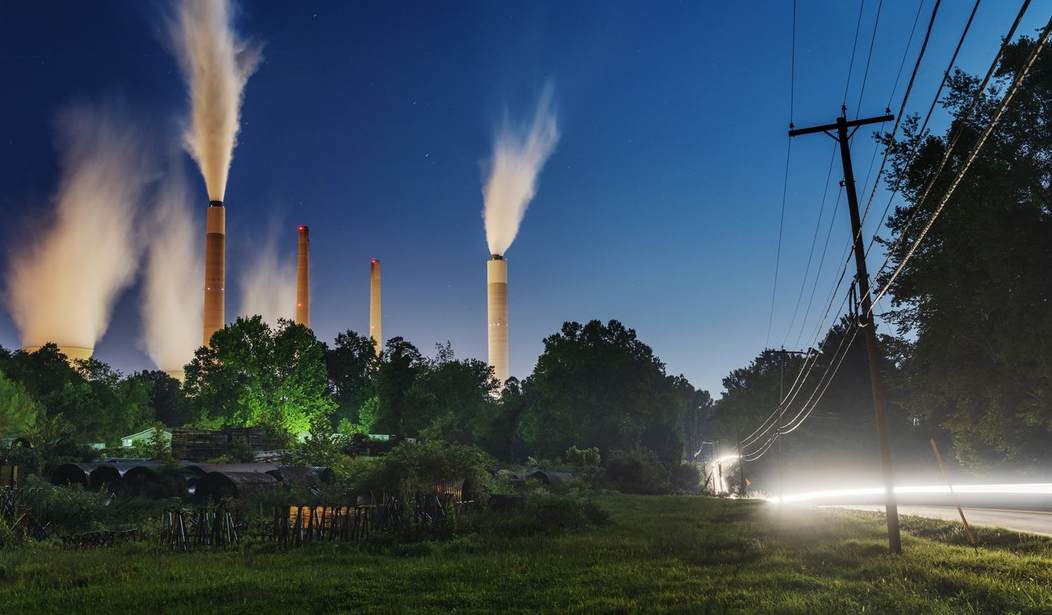Energy rules and regulations under the administration of President Joe Biden have cost taxpayers $1.37 trillion since he took office, according to a tweet by the Heritage Foundation.
The Harris-Biden administration energy rules and regulations have cost U.S. taxpayers $1.37 trillion since Biden and Harris took office, and all for no impact on the climate. Vice President Harris’ policies are dangerously liberal. See for yourself 👇 https://t.co/S6Up4Z7ZUQ
— Heritage Foundation (@Heritage) September 29, 2024
Laws are passed by Congress and signed to become laws by the president, not issued by executive administration departments. President Biden should understand this. The executive is to execute, execute laws. When the executive usurps Congress' power when it comes to adding to existing laws, subtracting from existing laws, or inventing new "laws," a constitutional imbalance is the result. Such is contrary to the method of legislative process by which our nation deliberatively governs itself, and it removes a check that balances the government. Such is susceptible to being repudiated by the Supreme Court. And when the Supreme Court has already issued a stop sign to an agency or agencies regarding regulations, persisting in that activity violates two branches of government. Some regulations are or may be highly questionable at the very mildest description.
Recommended
Economic woes are plaguing the nation, such as a bout of high inflation. High inflation equals prices that are too high. Onerous regulations can contribute to higher prices. If a business is forced to allocate more of its economic capital, more of its employee manpower and brainpower, more of its time and legal exposure, and more of its overall resources to comply with federal regulations, that business is left with less economic capital with which to hire and produce; it is left with less employee manpower and brainpower for its own business functions; it is left with less time for its own work; it must find and pay for adequate legal counsel to meet the regulatory demands; and it is left with fewer overall resources. The inevitable results on the economy at large are fewer employment opportunities, fewer goods produced and services offered, and fewer spending and investment dollars flowing throughout the economy.
Energy regulation is tricky. On the one hand, adequate care must be taken to ensure that energy production is done in a way that demonstrates good stewardship of the physical environment. On the other hand, there is risk involved in producing anything, a truth to which energy production is not an exception. This is where prudence and greed can intersect. Our nation subsists on many forms of energy. So we need energy. To meet that need, we must produce energy, invest in energy, and continually research expanding the variety of energy forms we use. Vigorously pursuing high energy production, which is what we should be doing, is not the problem. Red lines of concern, be the concern environmental harm or something else, must be heeded and when appropriate serve as stop signs. Energy regulations should be lawful.
























Join the conversation as a VIP Member